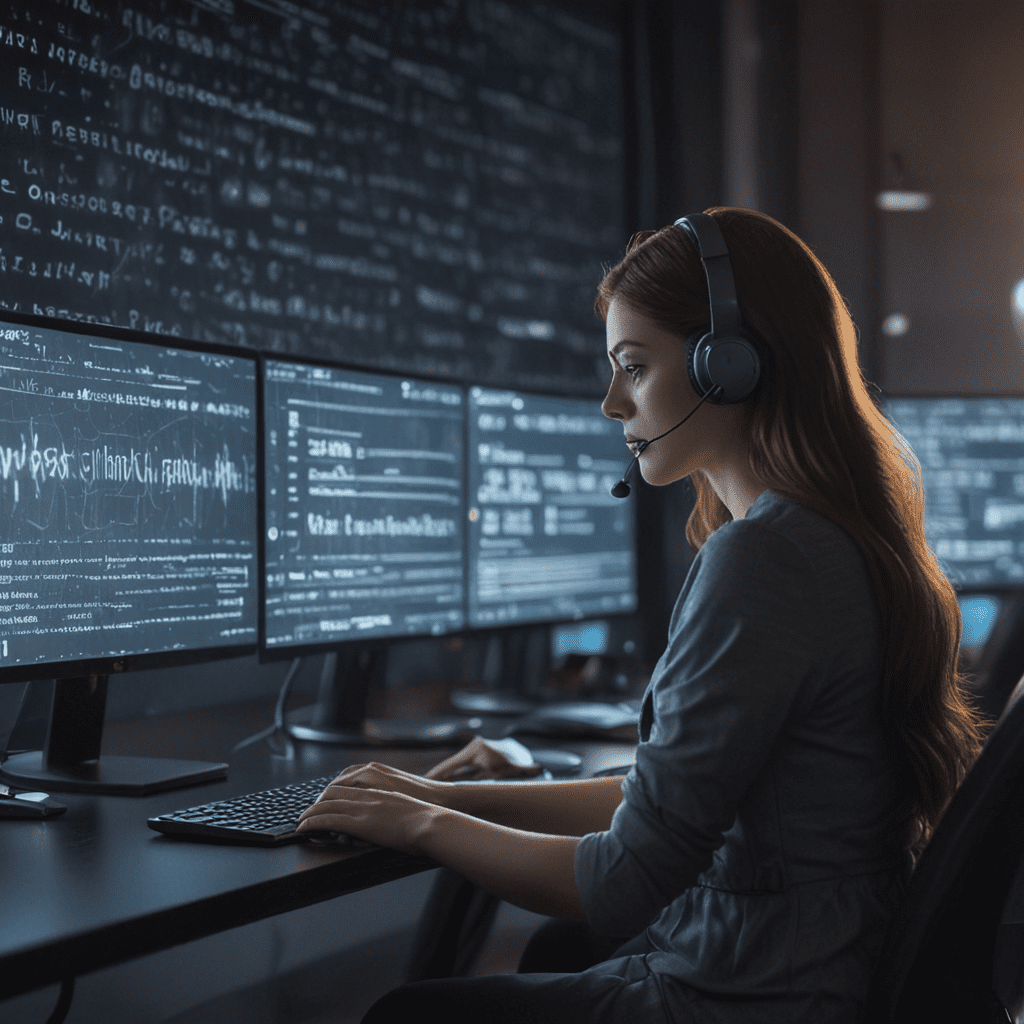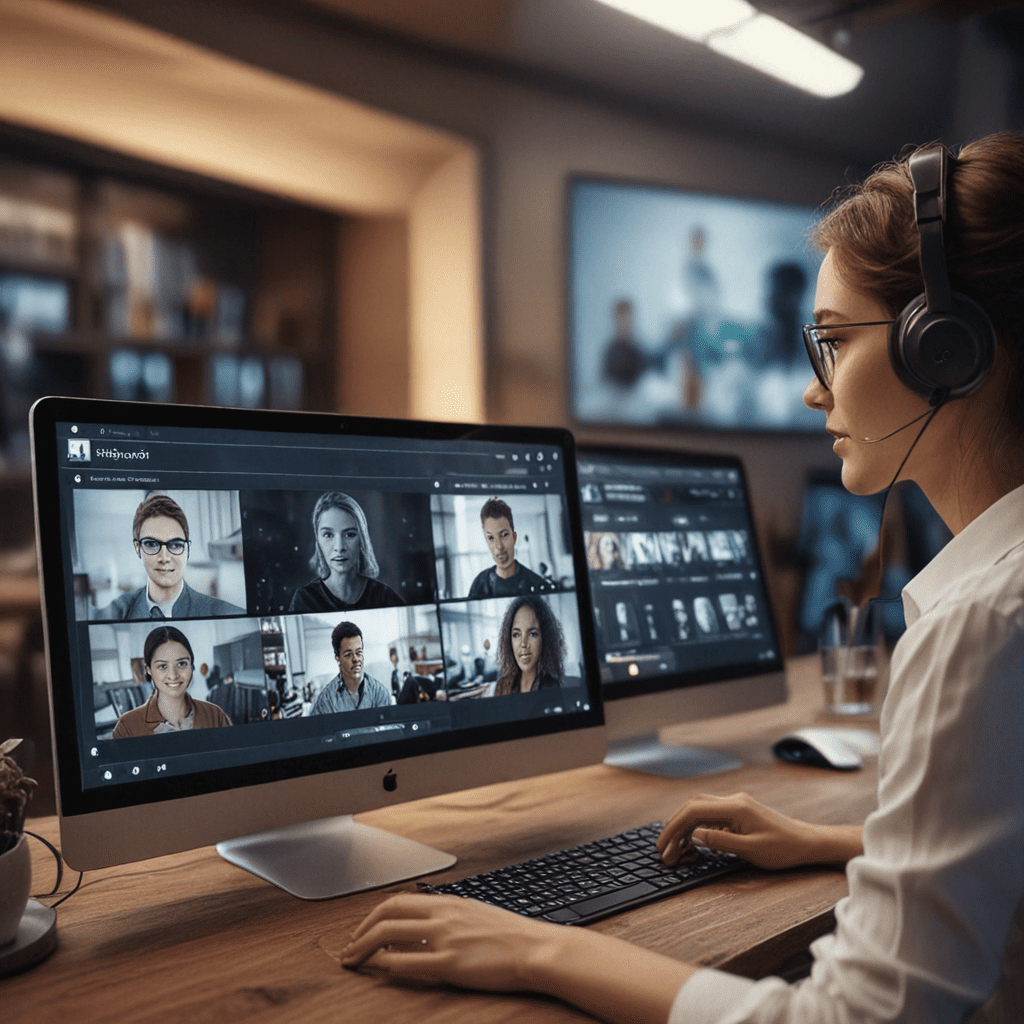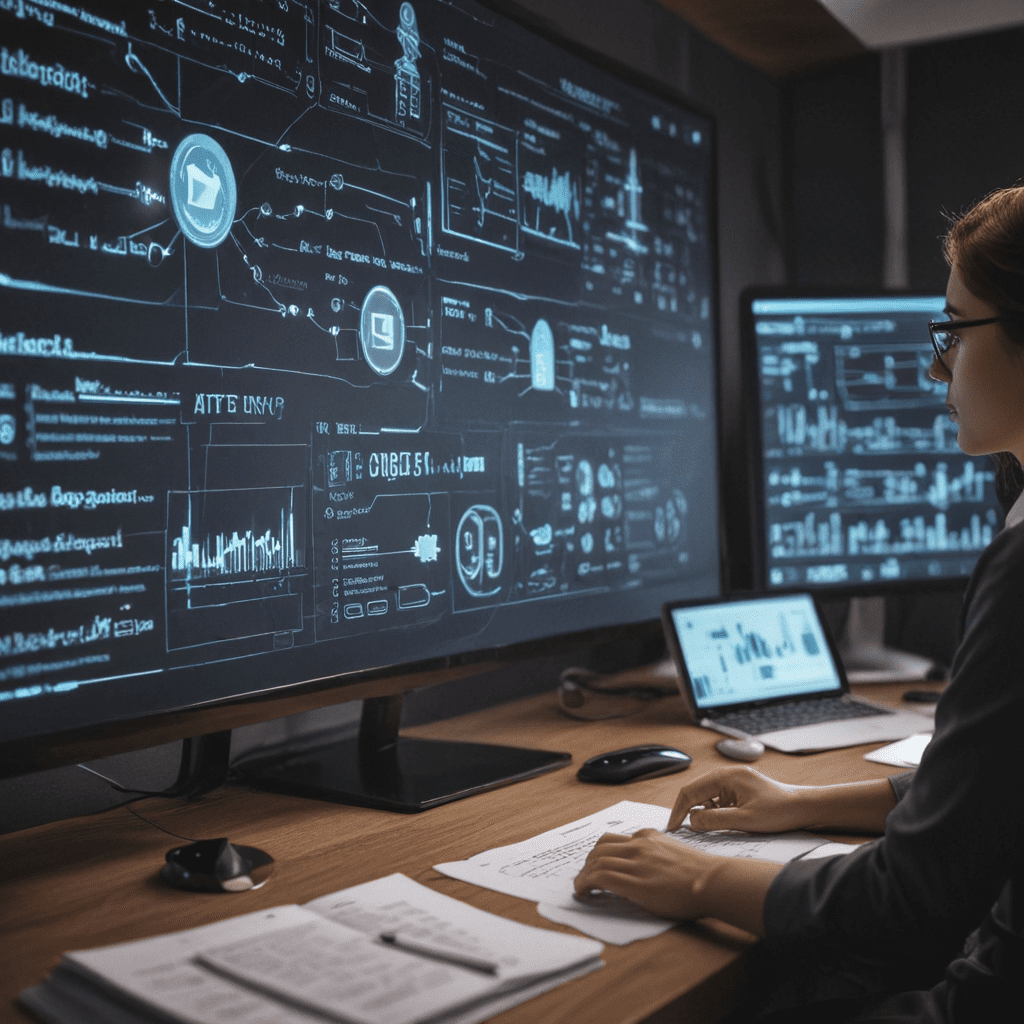
Introduction: The Rise of Virtual Assistants
Virtual assistants (VAs) have revolutionized digital interactions, offering personalized support, automation, and convenience. Embedded in devices, these AI-powered tools provide a range of tasks such as scheduling appointments, controlling home devices, playing music, and accessing information. Their widespread adoption has transformed online engagement, enhancing productivity and efficiency. However, as VAs become more sophisticated and deeply integrated into our lives, they also introduce potential privacy concerns that need to be addressed.
The Privacy Concerns Associated with Virtual Assistants
The pervasive presence of VAs has raised concerns regarding privacy and data protection. These concerns stem from the collection, storage, and potential use of personal information and sensitive data by VAs. The ongoing debate centers around the ethical and legal implications of VA technology, highlighting the need for transparent practices, robust privacy policies, and user consent in data handling.
Voice Recording and Data Collection
One of the primary privacy concerns with VAs is the collection and recording of voice data. These assistants are designed to respond to voice commands, which necessitate capturing and analyzing spoken words. This process raises questions about whether VAs store or transmit voice recordings, and if so, how the collected data is secured and used. Transparency is crucial in informing users about the duration of data retention, the purpose of voice recording, and the measures taken to protect data integrity.
Access to Personal Information
VAs often have access to a user's personal information, including contacts, calendar events, emails, and browsing history. This deep integration provides VAs with the ability to perform tasks efficiently but also carries potential privacy risks. Users need to be aware of the types of personal data that VAs access, and why this information is necessary for the assistant's functionality. Clear policies should define the scope and limits of data access, ensuring that VAs only gather information essential for their intended purpose.
The Impact on Online Privacy Expectations
The widespread use of VAs is reshaping our expectations of online privacy. Users have become accustomed to the convenience of voice-activated assistance and may inadvertently share sensitive information without fully considering its potential consequences. This shift in expectations requires transparent communication from VA developers, clear user consent for data collection and usage, and robust privacy protections to ensure individuals remain in control of their personal data.
Best Practices for Protecting Privacy with Virtual Assistants
To safeguard online privacy while using virtual assistants, users should adopt best practices:
Limiting Data Collection and Voice Recording:
Disable or limit voice recordings when the feature isn't necessary. Consider using alternative input methods, like typing, for sensitive conversations or when in private settings. Regularly review privacy settings to disable unnecessary data sharing and adjust voice recording preferences.
Managing Access to Personal Information:
Grant permission to access personal information only when absolutely required. Regularly check which apps and devices are linked to the VA and remove any that are no longer in use. Use privacy dashboards to manage and monitor data usage to stay informed of how personal data is being handled.
Legal and Ethical Considerations
Regulatory frameworks are evolving to address privacy concerns associated with VAs. Governments are enacting laws to protect individuals' rights regarding voice recordings, data retention, and the use of personal information. VA companies must adhere to these legal requirements and prioritize ethical considerations, ensuring responsible data handling practices that align with societal expectations and privacy norms.
Frequently Asked Questions (FAQs):
1. Do virtual assistants store voice recordings?
Answer: Some VAs store voice recordings to improve accuracy and provide personalized experiences, but this feature can often be disabled in the privacy settings.
2. What types of data do virtual assistants have access to?
Answer: VAs may access a range of personal information, such as contacts, calendars, emails, browsing history, and other device-specific data, including location and usage patterns.
3. How can I protect my privacy with virtual assistants?
Answer: Limit voice recordings, manage access to personal data, disable unnecessary features, and ensure that the VA company has a strong privacy policy and ethical guidelines.


